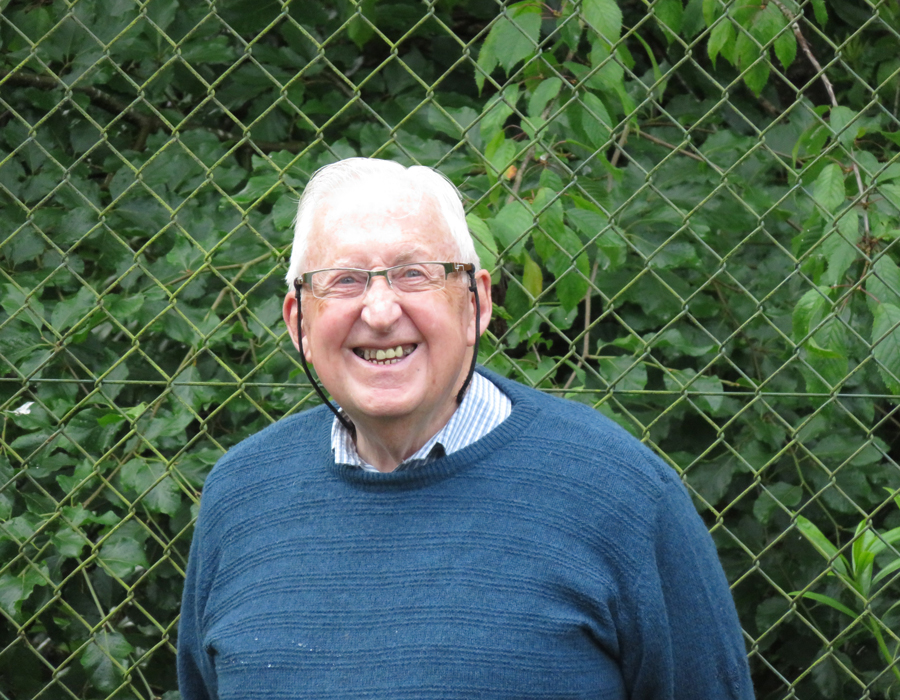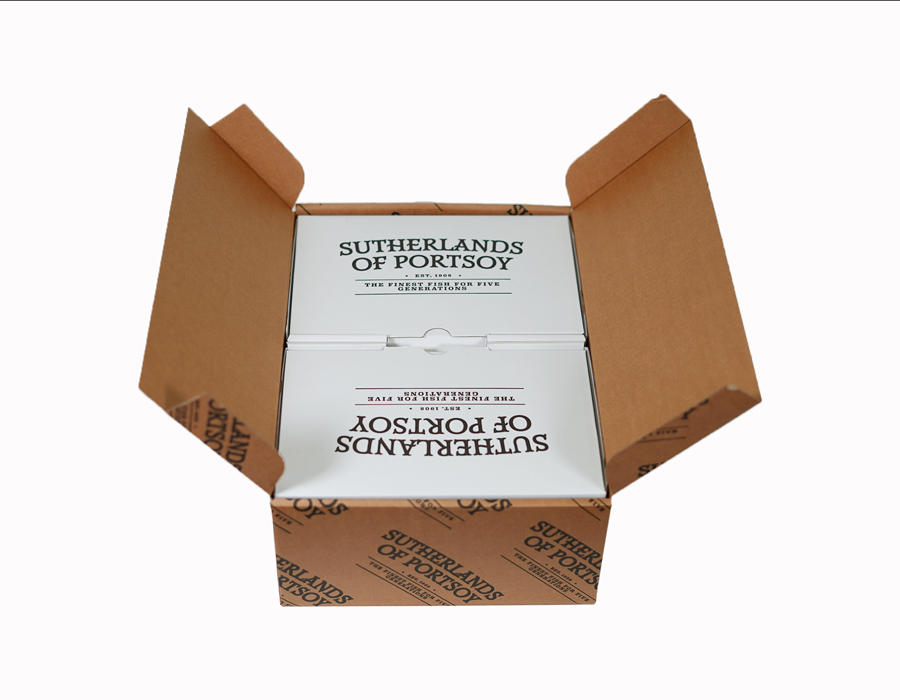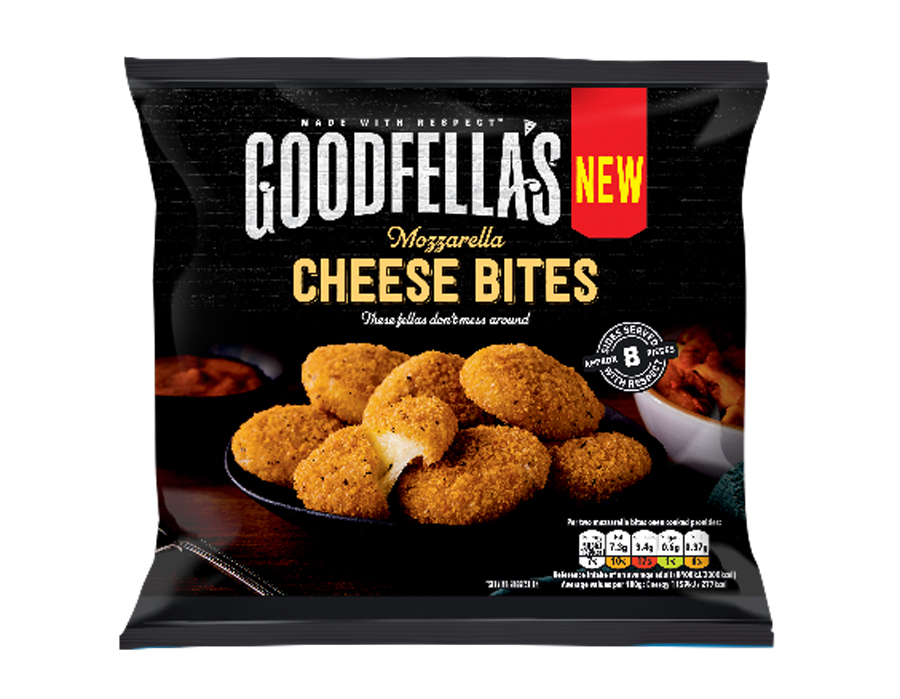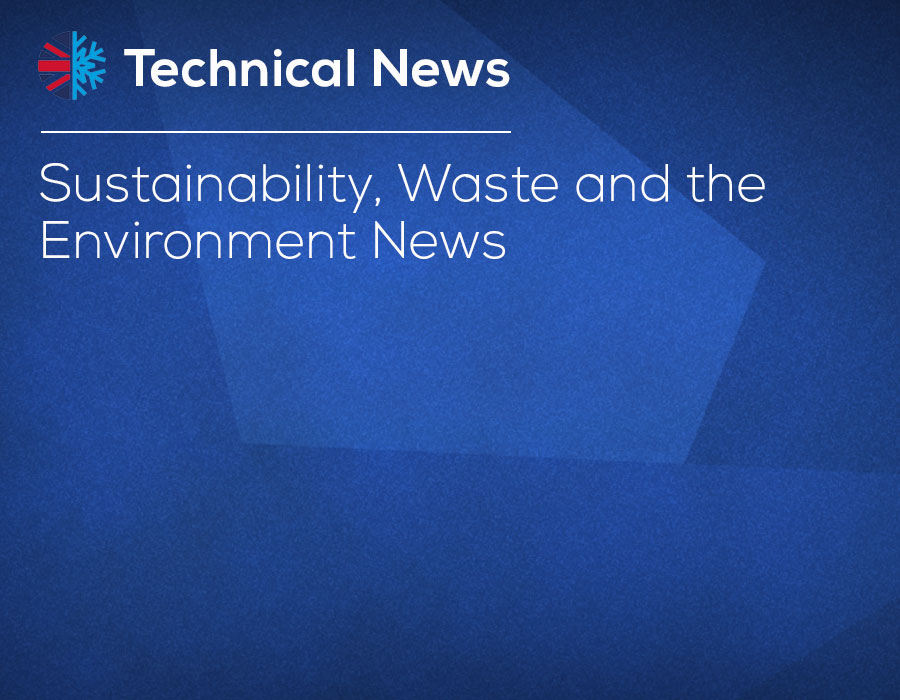STAR REFRIGERATION FOUNDER DR FORBES PEARSON DIES PEACEFULLY AT 92
Stephen Forbes Pearson was the first child of Stephen H Pearson, an engineer from Northumberland, and Gladys Stewart, from Glasgow. Forbes was born in Pollokshields, Glasgow, on 25 June 1931 and attended school at Paisley Grammar and then Kelvinside Academy. He was a precocious child who loved learning and absorbed facts easily, particularly about the natural sciences. In infant school, he was reprimanded for arguing with a teacher who had told the class that the earth was a sphere. “No, it’s an oblate spheroid” he said. Despite a bout of pleurisy as a teenager that required a lengthy recuperation, he enjoyed playing rugby as a front row forward, where he reckoned his short legs and stocky body gave him a particular mechanical advantage.
He considered becoming a doctor like his grandfather, Charles Stewart, but instead studied mechanical engineering at the University of Glasgow, graduating in 1953. He spent undergraduate summer vacations working in the Rolls Royce factory at Hillington and the Tecumseh compressor factory in Michigan. The connection with Tecumseh Products was through his father, who was the Works Manager for L Sterne and Co, and who was responsible in 1948 for setting up the first production line in Europe to manufacture hermetic compressors, which were made under licence from Tecumseh.
Following graduation Forbes enrolled at the Royal College of Science and Technology in Glasgow to complete a thesis on valve design for reciprocating compressors under the supervision of Dr Jimmy Brown, who remained a friend and colleague for life, working together on a wide range of technical developments in refrigeration. They also shared a love of language and a rather coarse sense of humour that sometimes took others by surprise. Forbes was particularly proud of his connection with the expert compressor group at the Royal College and was insistent that the acronym ARCST, Associate of the Royal College of Science and Technology, should appear on all his technical publications. With his PhD complete, Forbes was appointed as Scientific Officer at the Torry Research Station in Aberdeen and spent three years developing techniques for freezing fish on trawlers to enhance quality and extend shelf life. This work included time spent in rough seas off the coast of Newfoundland, which added a very practical, self-reliant aspect to his scientific training.
In April 1959 Forbes married Jean Lyall and returned to Glasgow, setting up home in Maryhill and joining his father at L Sterne and Co’s Crown Iron Works. As Chief Engineer for Sterne his work was divided between design of products, such as industrial compressors and heat exchangers, and design of industrial refrigeration systems. By 1969 the company had decided to close down the industrial division to focus on the mass market manufacturing of domestic and commercial equipment. Forbes and two of his colleagues, Bert Campbell and Anthony Brown decided that there was plenty of industrial work available in Scotland and so they set up Star Refrigeration Ltd in 1970, initially from the Pearson family home in Maryhill, moving a few months later to Thornliebank Industrial Estate on the south side of Glasgow.
Star Refrigeration quickly gained a reputation for innovative but robust and reliable engineering, mainly founded on the technical developments led by Forbes in his role as Technical Director. The range of his novel ideas matched the breadth of his scientific interests and included new system configurations such as the low pressure receiver, new control methods, new components including ball valves, tube ice makers, evaporative condensers, electronic logic controllers, high efficiency water chillers and novel freezing techniques. In the late 1980s the phaseout of CFCs under the Montreal Protocol prompted him to combine his knowledge of organic chemistry with his understanding of how compressors worked to create a range of refrigerant fluids suited to the rigours of extreme temperature operation. The intention was to provide Star with suitable fluids to replace the R-12 and R-502 that they had been using for industrial systems since 1970 but his new refrigerants were much more widely used in commercial refrigeration and so were licenced to major suppliers and were marketed all over the world. He was one of the first people in the world to recognise the possibilities of blending organic chemicals to create a refrigerant fluid mixture with particularly favourable properties for unusual or extreme operating conditions. This pioneering work led to the award by the International Institute of Refrigeration of their Gustav Lorentzen medal in 2003, only the second time that this international accolade, “the Nobel prize for Refrigeration”, was presented.
In parallel with the significant development of CFC replacements, Forbes also designed new systems for the traditional refrigerants ammonia and carbon dioxide. He was instrumental in the adoption of the latter as a viable refrigerant for commercial and industrial refrigeration applications around the world including the freeze-drying of coffee at -50°C, the freezing of petfood, the refrigeration of distribution warehouses and the cooling of mainframe computers. Each of these systems required a very wide range of knowledge and experience that he was uniquely able to provide. During his career with Star he was awarded over 100 patents for a variety of refrigeration innovations.
He firmly believed in supporting the wider refrigeration industry and was a regular contributor of technical papers on a wide range of topics to the Institute of Refrigeration, receiving their Lightfoot medal for the best paper of the year on six occasions. He also chaired the Institute’s Technical Committee for many years, he served as President from 1987 to 1988 and he was awarded the Institute’s Hall-Thermotank Gold medal in 1991. He helped to set up the Institute’s Scottish Branch in the mid 1970s and was awarded their Kooltech medal in 1987. His service to the wider refrigeration community included many years on the British Standards Institute’s committee on refrigeration safety, latterly as chairman of both the BSI national committee and the European working group through the 1990s when he helped to introduce the first version of the European refrigeration safety standard, EN378. He was honoured to be appointed as a visiting Professor in the Department of Mechanical and Aerospace Engineering at the University of Strathclyde, and he enjoyed mentoring undergraduate engineering students in their project work. He was also elected as an honorary life member of the International Institute of Ammonia Refrigeration in 2001.
Forbes had a strong Christian faith, first professed as a teenager in the 1940s and nurtured through the Paisley class of the Crusaders Union, where he made lifelong friendships, and Church of Scotland Seaside Mission (CSSM). He was ordained as an elder in the Church of Scotland, serving in several capacities at Wellington Church in Glasgow’s West End. He had a firm belief that Christianity should be robust, invigorating and, above all, fun. He founded and led a Friday night youth club for teenagers from Partick in the Wellington Church crypt and instigated an annual summer mission, Park Week, in Kelvingrove Park, which attracted hundreds of young people from all across the West End. He also founded and led a new Crusader class, Kelvindale, which met in Kelvindale Primary School through the 1970s and he organised Saturday morning football matches, swimming galas, wide games on Mugdock Moor, midweek chess matches and occasional visits to watch Scotland at Murrayfield for the Crusader class. He had two daughters and three sons, who participated more or less willingly in all these activities but in a wider sense, his family was hundreds of sons and daughters, whose lives were influenced by his strong Christian witness.
Forbes and Jean moved down the Clyde to Innellan in 2001 when he retired from full-time work and they became active members of the local community through the Parish Church, the Village Hall and the local Sailing Club. His inventiveness extended to a prototype device for trapping midgies, a design of electricity generator using tidal stream power and a concept for a car engine powered by ammonia. He was a good craftsman and enjoyed repairing broken machines and gadgets, or making new things out of old materials. He was particularly proud of a set of six butter knife handles carved from an old floorboard. He also combined his love of language with an interest in biblical history to write a fictional account of the life of Joab, Commander in Chief of King David’s army.
His vigorous Christian witness ran in parallel with the establishment and growth of the business of Star Refrigeration through the 1970s. The two worlds were very different but there was a significant overlap between them. His care and concern for individuals was evident in the business principles adopted in Star as much as in the evangelism promoted in Kelvingrove, on Mugdock Moor or at Murrayfield. He had no difficulty reconciling his scientific understanding of the world with his faith, recognising that science answers the “how” questions but faith addresses the “why”. The two aspects of his life are summed up in the word “integrity”.
Following a stroke in 2021, Forbes’ mobility gradually decreased to the point where, by the end of 2022, he was housebound. Thanks to the loving and practical care provided by Jean, he enjoyed a peaceful and contented life at home in Netherlee, Glasgow. His final move in January 2024 to Mearns View Care Home brought him expert care along with comfort and company, visited regularly by his family including grandchildren and great grandchildren. The family is extremely grateful to everyone who has made Forbes’ last days so comfortable and peaceful, especially the team at Mearns View.
Forbes died at Mearns View in the evening of Thursday 14 March, 2024. He is survived by his wife, Jean, daughters Muriel and Libby, and sons Stephen, Andy and Dave.























